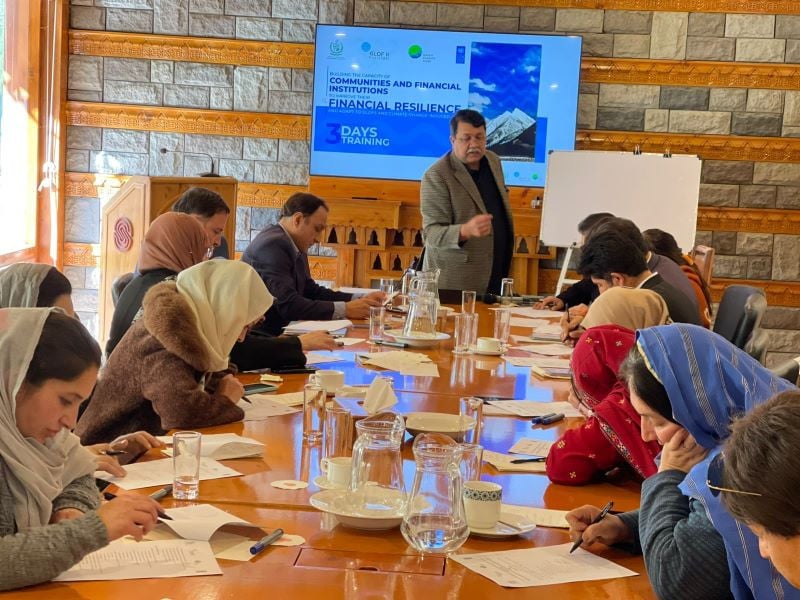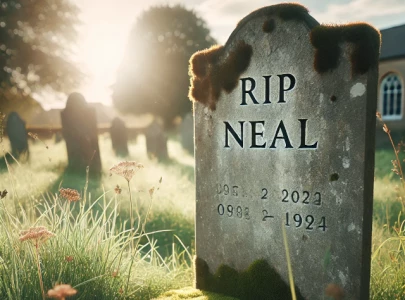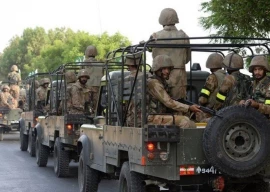
As the impacts of climate change intensify, efforts in Gilgit-Baltistan are steadily increasing to address the growing risks and prepare for future challenges.
In the midst of ongoing recovery efforts, a three-day workshop on financial strategies to tackle climate risks was held in Gilgit. The workshop, organized by Blue Marble Microinsurance in collaboration with the United Nations Development Programme (UNDP) under the GLOF-II project, aimed to empower local communities and financial institutions with the tools needed to effectively prepare for and respond to the escalating threats posed by glacial lake outburst floods (GLOFs) and other climate-related disasters.
At the workshop’s closing ceremony, Additional Chief Secretary of Gilgit-Baltistan, Captain (R) Mushtaq Ahmed, emphasized the urgency of collective action to mitigate the growing risks. “The threats of natural disasters in Gilgit-Baltistan are rapidly increasing due to the impacts of climate change. It’s essential that we work together—government, institutions, and communities—to mitigate these risks,” Ahmed stated.
A key initiative under the GLOF-II project has been the installation of Early Warning Systems (EWS) in vulnerable valleys, designed to alert communities to potential disasters. Kamaldin Qamar, National Project Manager for UNDP’s GLOF-II project, highlighted the importance of these systems.
“The EWS provide timely alerts, allowing communities to take precautionary measures and reduce potential losses,” Qamar explained.
In recent years, natural disasters have claimed lives and caused extensive damage to infrastructure and livelihoods.
The Prime Minister Shahbaz Sharif recently visited the region and handed over newly constructed homes to families in Bubar Valley, who were displaced by floods two years ago.
This initiative is considered part of the government’s broader recovery efforts aimed at rebuilding the homes and lives of those affected by climate-induced disasters.









1732523125-0/Express-Tribune-(7)1732523125-0-270x192.webp)



1730886375-0/Untitled-design-(46)1730886375-0-270x192.webp)







COMMENTS
Comments are moderated and generally will be posted if they are on-topic and not abusive.
For more information, please see our Comments FAQ